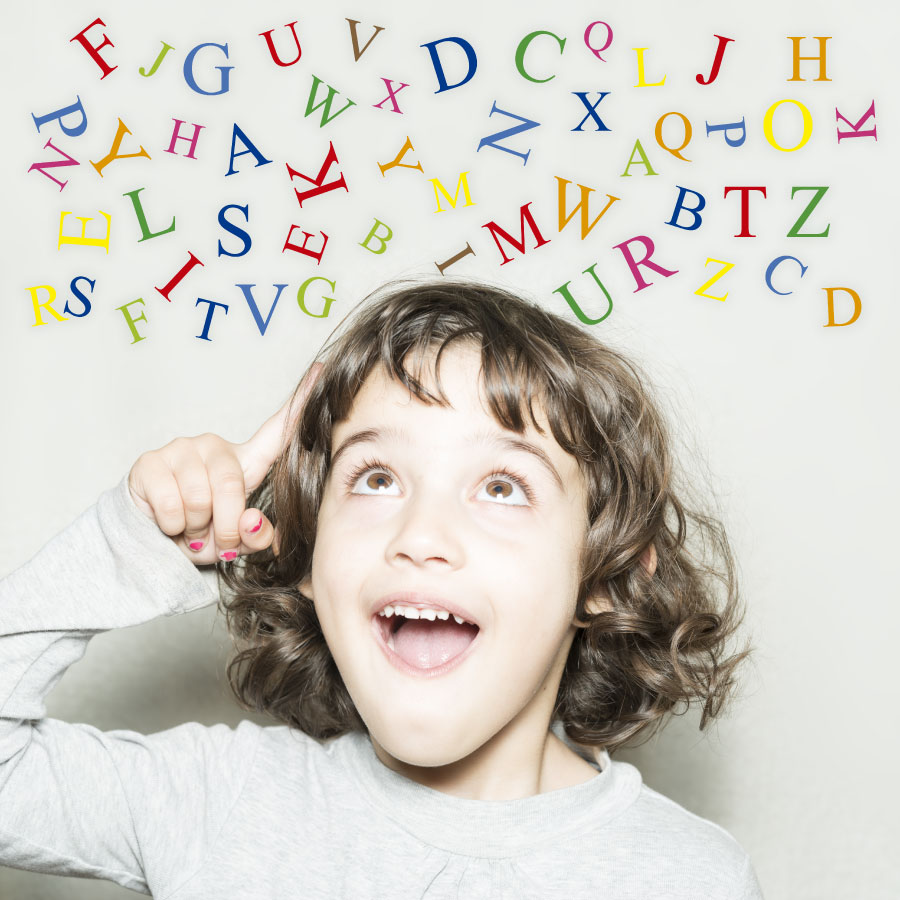We provide a play based or individualised multi-sensory approach to improving your child’s speech intelligibility and confidence.
Children naturally make errors when they learn to speak and many of these errors are considered to be age appropriate. Speech disorders exist when these errors persist beyond what is considered age appropriate.
Speech disorders can be divided into articulation, phonological, fluency and voice disorders.
Articulation: the child’s difficulty at a phonetic/motoric level. They have trouble making the individual speech sounds.
Phonological: the child has difficulty organizing their speech sounds into a system of sound patterns (phonemic patterns).
Fluency: this is not an area we specialise in
Voice: this is not an area we specialise in
Speech Pathology Australia Speech Dev (3-5yrs+) Fact Sheet
Read MoreSpeech Pathology Australia Speech Dev (0-3yrs) Fact Sheet
Read MoreSpeech Pathology Australia TongueTie Fact Sheet
Read MoreTo improve speech intelligibility, several best practice treatment approaches will be trialed and implemented throughout the treatment process based on client profile, assessment outcomes and intervention responses to achieve outcomes and maintain motivation. We will be happy to discuss which approach might work best for your child. Link to Speech Treatment approaches PDF via Client Portal.
We commonly incorporate a systematic physical prompting technique called PROMPT (Prompts for Restructuring Oral Muscular Phonetic Targets) into most of our speech production therapy. Most clients enjoy or become accustomed to touch on their face as they quickly realise that the cues make it easier to produce the sounds and words.
To find out more https://www.promptinstitute.com/page/FamiliesWIP
Here are some signs that your child has trouble being understood due to speech production issues:
- Child is very hard to understand when context is not known.
- Child is deleting 1 or more sounds at the beginning of words (i.e., sat = at).
- Child is deleting many sounds at the end of words decreasing intelligibility.
- Child has a “slushy” (mouth full of marbles) sounding /s, z/ or “sh” sound.
- Child has atypical sound substitutions or abnormal sounding speech based on your experience
- A child that is deleting part of s-blends (spoon = poon) and does not have /l/, /r/, or /k/ and /g/

What's next?
-
- Assessment
- Formal speech assessment
- Intelligibility scale
- Recommended literacy review/checklist
- Optional Language screener to exclude language difficulties
- Intervention
- Therapy treatment approach selected based child/students needs.
- Recommended intensity minimum 1/week
- Follow up at home minimum 2-3 times/week
- Assessment
